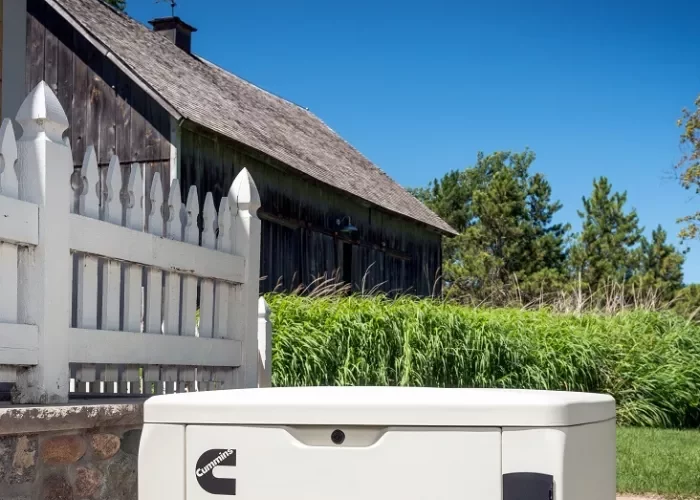Home generators are essential for providing backup power during outages, ensuring your household runs smoothly even when the grid fails. But how much does a home generator cost? The price varies widely depending on type, size, brand, and installation requirements. In this guide, we’ll break down the costs, types of generators, key features, and installation factors to help you make an informed decision.
Types of Home Generators and Their Costs
Different generators serve different needs, and their prices vary accordingly. Below are the most common types:
Portable Generators
Price Range: 500–4,000
Portable generators are the most affordable option, running on gasoline, propane, or diesel. They are ideal for short-term power needs, such as during camping trips or brief outages.
Pros
- Lower upfront cost
- Easy to move and store
- No permanent installation required
Cons
- Manual startup required
- Limited power output (typically 3,000–8,500 watts)
- Requires fuel storage and refilling
Inverter Generators
Price Range: 800–6,000
Inverter generators are a more advanced type of portable generator, offering cleaner and more stable power, making them safe for sensitive electronics like laptops and smartphones.
Pros
- Quieter operation
- Fuel-efficient
- Stable power output
Cons
- Higher cost than standard portable generators
- Limited to medium power needs
Standby Generators
Price Range: 2,000–15,000+
Standby generators are permanently installed and automatically turn on during a power outage. They run on natural gas or propane and can power an entire home.
Pros
- Automatic operation
- High power output (7,500–20,000 watts or more)
- Long-lasting and durable
Cons
- Expensive upfront and installation costs
- Requires professional setup
Factors Affecting Home Generator Costs
Several factors influence the final price of a home generator:
Power Output (Wattage)
The more appliances you need to power, the higher the wattage required—and the higher the cost.
Small (3,000–5,000W): Powers essentials like lights and a refrigerator (500–2,000).
Medium (7,000–10,000W): Runs multiple appliances, including AC units (2,000–5,000).
Large (12,000W+): Whole-house coverage (5,000–15,000+).
Fuel Type
Different fuel options impact both initial cost and long-term expenses:
Gasoline: Cheaper upfront but less efficient.
Propane: Cleaner burning, stores longer, but requires a tank.
Diesel: High efficiency but noisy and emits more fumes.
Natural Gas: Most convenient for standby generators but requires a gas line.
Brand and Quality
Reputable brands like Generac, Kohler, and Honda offer reliable models but at a premium. Cheaper brands may save money upfront but could have higher maintenance costs.
Installation Costs
Standby generators require professional installation, which can add 1,000–5,000 to the total cost. Portable generators typically don’t need installation.
Additional Costs to Consider
Transfer Switch (200–1,500): Necessary for safely connecting a generator to your home’s electrical system.
Fuel Storage Tanks (100–1,000): For propane or diesel generators.
Maintenance (100–500/year): Includes oil changes, filter replacements, and inspections.
Is a Home Generator Worth the Cost?
If you live in an area with frequent power outages, a generator can be a worthwhile investment. It provides:
Safety: Powers medical equipment, heating, and security systems.
Convenience: Keeps food fresh and electronics running.
Home Value: Increases property resale value.
Conclusion
The cost of a home generator depends on type, size, fuel, and installation. Assess your power needs, budget, and fuel availability before purchasing. Investing in a reliable generator ensures peace of mind during unexpected blackouts.
By understanding these factors, you can choose the best generator for your home without overspending. Always consult a professional electrician for installation to ensure safety and compliance with local regulations.

